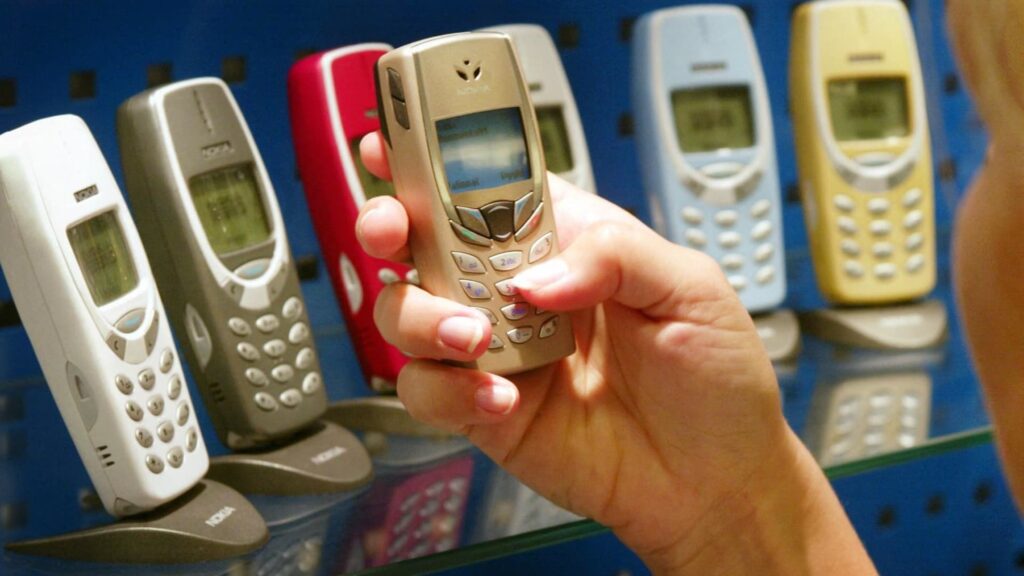Introduction
Dumbphones, also known as feature phones or basic phones, are mobile devices that offer limited functionality compared to smartphones. They are called “dumb” phones as a contrast to the “smart” capabilities of smartphones. Dumbphones typically prioritize core communication features like voice calls and text messaging while offering minimal or no access to advanced features such as internet browsing, app support, and multimedia capabilities.
Benefits
Whether dumbphones are a smarter choice depends on individual needs and preferences. Here are some factors to consider:
1. Simplicity:

- Dumbphones offer a straightforward user experience with basic functions like calling and texting. Their user interfaces are often spontaneous and easy to navigate, making them suitable for people who prefer simplicity over complexity.
- This simplicity extends to the design and features of the device itself, with fewer buttons, no touchscreens, and minimalistic menus.
2. Cost:

- Dumbphones are generally much cheaper to purchase outright compared to smartphones. They also tend to have lower monthly service fees since they don’t require data plans.
- Over time, the cost savings can be significant, especially for individuals or families on a tight budget.
3. Battery Life:

- One of the most significant advantages of dumbphones is their exceptional battery life. Since they lack power-hungry features like large displays and multiple apps running in the background, they can often last several days or even weeks on a single charge.
- This long battery life is particularly useful for people who travel frequently or find themselves without access to charging outlets for extended periods.
4. Reduced Screen Time:

- Smartphones have revolutionized the way we communicate and access information. They also come with the drawback of increased screen time and potential addiction.
- Dumbphones offer a way to break free from constant digital distractions. It limits access to non-essential features like social media, games, and streaming services.
- By reducing screen time, individuals may experience improved focus in their work. It increases productivity, and overall well-being.
5. Privacy and Security:

- Dumbphones are generally considered more secure and private than smartphones due to their limited connectivity options and simpler operating systems.
- With fewer features and less exposure to online threats, users can feel more confident in the security of their personal information and communications.
- This can be particularly important for individuals who prioritize privacy or work with sensitive data.
Drawbacks
However, there are some trade-offs to consider:
1. Limited Functionality:

- While dumbphones excel at basic communication tasks, they lack the versatility and functionality of smartphones. This means users miss out on features like internet browsing, GPS navigation, and access to a wide range of apps.
- For some people, especially those who rely on their devices for work or entertainment, these limitations may outweigh the benefits of simplicity and affordability.
2. Communication Constraints:

- Dumbphones may struggle to keep up with modern communication methods, such as video calls, multimedia messaging, and email.
- Depending on your personal and professional needs, this could be a significant drawback, particularly if you regularly communicate with others using these methods.
3. Social and Professional Expectations:

- In today’s society, smartphones have become abundant and are often seen as essential tools for staying connected and productive.
- Using a dumbphone may be perceived as unconventional or even limiting in certain social or professional contexts, potentially affecting your ability to communicate effectively or participate in certain activities.
Conclusion
In summary, the choice between a dumbphone and a smartphone ultimately comes down to individual preferences, priorities, and lifestyle considerations. While dumbphones offer simplicity, affordability, and enhanced privacy, they may not meet the needs of everyone, particularly those who rely heavily on advanced communication features and digital connectivity.
